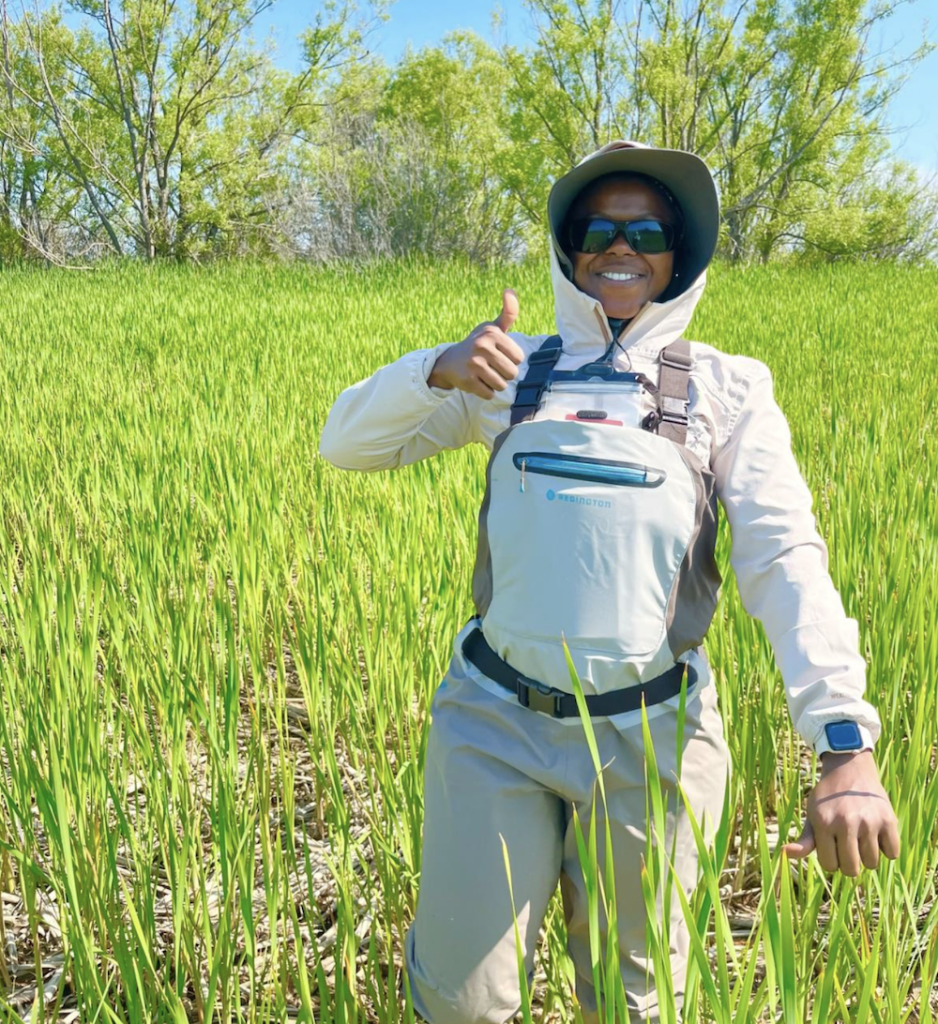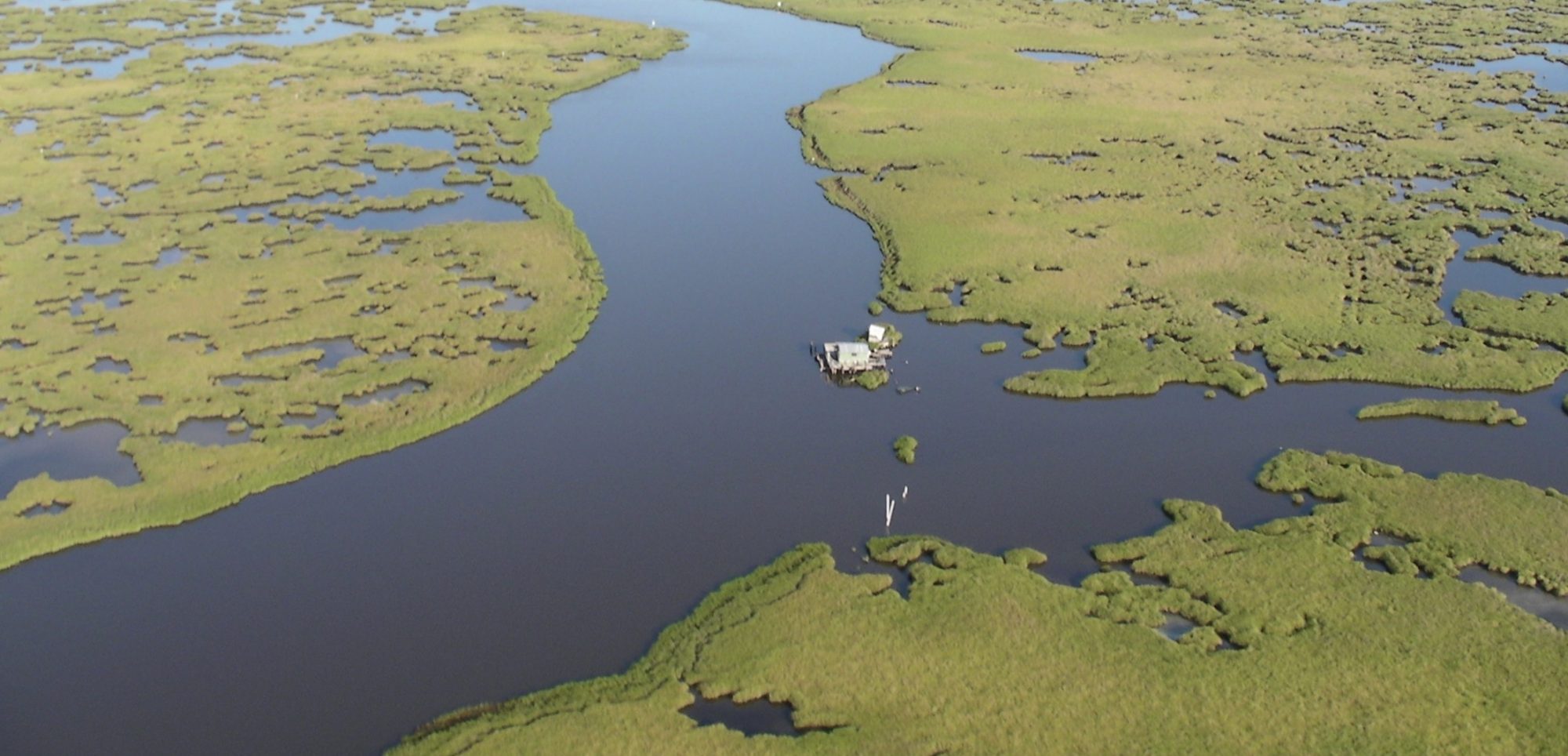
MS Candidate, Loyola University Chicago
Investigating the Effect of Invasive Plants-Derived Biochar on Heavy Metal Adsorption
Conference Travel Grant Type 2
“The proliferation of invasive plant species in Great Lakes wetlands challenges their ecological balance. Urban wetlands, emulating natural ecosystems, face contamination from invasive plants and heavy metals via agricultural and road runoff, disrupting intended functions. Addressing this invasion and pollutants is crucial to restore these ecosystems’ integrity and functions. My research aims to combat invasive plant biomass buildup and heavy metal pollution by repurposing invasive plant material into biochar. It assesses biochar’s ability to absorb heavy metals across various application rates, proposing an eco-friendly solution. The experiment at Loyola University Chicago involves pyrolyzing invasive plant biomass (T. × glauca, P. australis, R. cathartica) at high temperatures and testing different biochar application rates (0, 10 MT/ha, 25 MT/ha). Replicated seven times, the experiment yielded 63 mesocosms mimicking wetland conditions. Contaminated with trace heavy metals (Pb, Cr, As), these mesocosms are currently undergoing a 16-week monitoring, including T. × glauca rhizome transplantation at 8 weeks. Soil, biochar, and
plant tissue are being analyzed for heavy metal adsorption at week 0, 8 and 16. As this research remains ongoing, the post-remediation analysis of the contaminated wetland soils will utilize the ICP-AES method. Concurrently, ANOVA will be applied to measure the correlation between heavy metal adsorption and the introduction of individual invasive plant derived biochars. This methodology significantly contributes to our comprehensive understanding of the diverse biochar types’ of effectiveness in absorbing heavy metals.”
